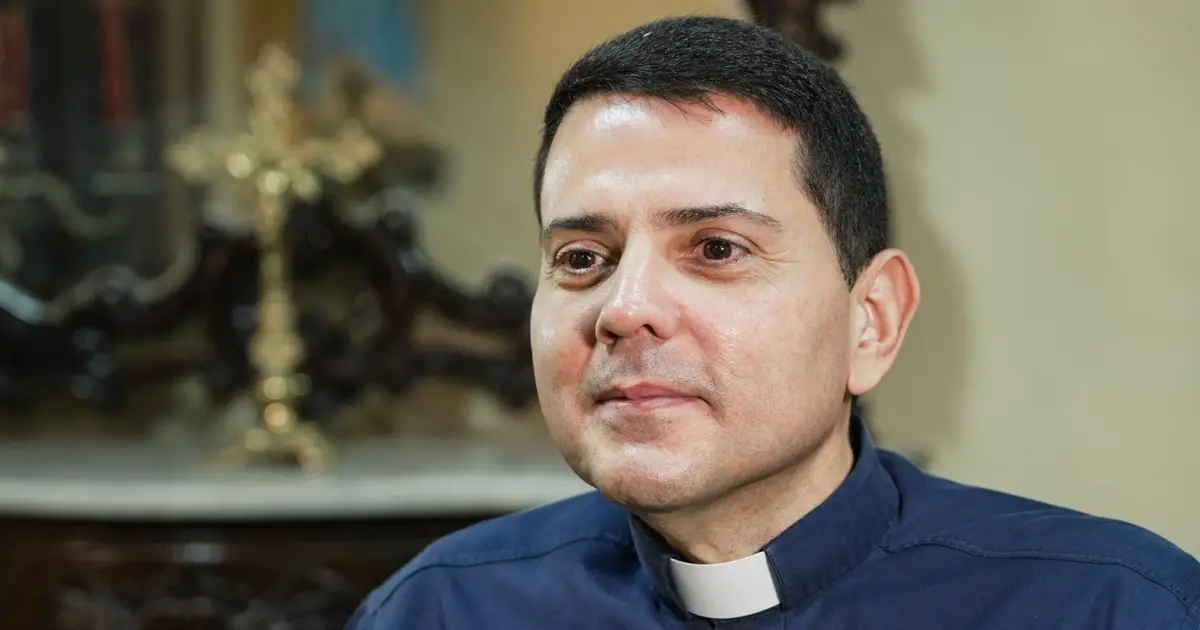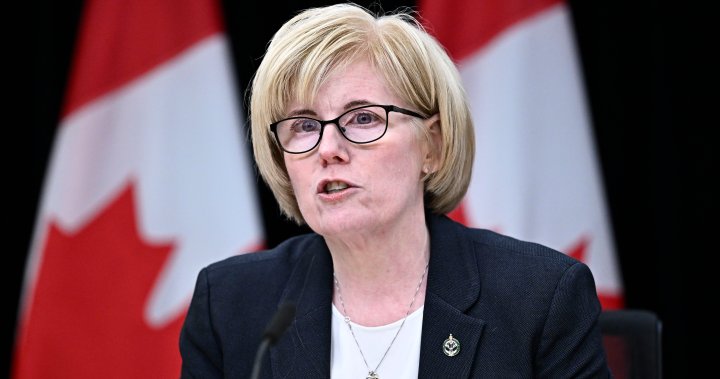

HAVANA — The Catholic Church in communist-run Cuba, which has been instrumental to resolving political tensions in the past, is proposing a national dialogue to help resolve the economic crisis that has gripped the island.
In an interview with NBC News, Father Ariel Suárez, assistant secretary of the Conference of Catholic Bishops of Cuba, said that “if the different political actors agree, they can offer a space for dialogue, a meeting place, so that all the different positions … can help find concrete solutions that the people need.”
He said different positions should be included. “I think we need to finally say with more clarity that Cubans can love Cuba with different visions, with different perspectives,” said Suárez. “And it’s important to put above all those differences, the love for Cuba and the desire to improve the life of its people now and in the future.”
Suárez’s interview echoes a statement released by the diocese of Cuba’s third largest city, Holguín, represented by the president of the Conference of Bishops Emilio Aranguren.
“As a church, it corresponds to us to support the creation of spaces for dialogue where different sectors of society can participate to find paths that will help us forge ahead with a calm and hopeful disposition,” read the statement.
The statement was released days after rare protests erupted in March in several Cuban cities, over the dire economic situation on the island, including shortages in food, medicine, power and gasoline. Some called for political change.
Lillian Guerra, a professor of Cuban history at the University of Florida, who interviewed Aranguren for her book “Patriots and Traitors in Revolutionary Cuba,” said he “is uniquely positioned to speak on behalf of local people.”
Guerra, who has spent time with Aranguren, described him as very modest. For close to a decade, his office sponsored a soup kitchen that fed hundreds of impoverished people in Holguín. She said he is very “unusual and unique” because of his trajectory starting as a parish priest in the city of Santa Clara during the 1970s. He is “that kind of local witness to the evolution in Cuban society from the deep Soviet period of the 1970s through the present.”
In 1961 Cuba became an atheist state, seizing church assets, including schools and expelled around 900 priests, according to Guerra. She said they were able to do that because most priests were not Cuban, but born in Spain. For the following three decades, the Cuban state endorsed discrimination against Catholics. Cuba remained an atheist state until 1992, when the government amended the constitution and it became secular.
Pope John Paul II made history in 1998 as the first pope to ever visit the island. His famous declaration, “May Cuba, with all its magnificent potential, open itself up to the world, and may the world open itself up to Cuba,” gave hope to many Cubans. They saw his visit and statement as a sign of new opportunities in the horizon.
In 2010, the Catholic Church brokered a deal for Cuba’s government to release jailed dissidents, something that helped thaw relations with the U.S. during the presidency of Barack Obama. The Catholic Church also played an instrumental role in the historic rapprochement between the two countries.
Guerra said that since the revolution, the church in Cuba has offered “alternative values” that include a belief in freedom of choice, thought and speech.
“Those were completely the opposite of what the schools, newspapers, government and laws said, and say,” the professor noted.
Guerra said the church has planted seeds in nonreligious programs, like Cuba Emprende, which support entrepreneurship and run soup kitchens.
“So we may not be noticing it, but the church is alive and present. And so the fact that you have the church in so many different locations doing things, that are not simply giving Mass, means that the church has already established itself as an alternative space for Cubans to develop and leverage against the government,” Guerra said.
Ahead of Sunday’s Mass, and for the rest of the Easter season that ends May 28, the Conference of Bishops is asking worshipers to pray for the economic crisis and ask for “real and true solutions.”
Suárez said the bishops have made invitations for prayer “in order to find solutions so that we can get out of this distressing situation, so that the country’s officials can have wisdom and audacity when making decisions that favor the lives of the people.”
NBC News has reached out to Cuba’s international press center as well as its embassy in Washington for comments on the church’s proposals.
Carmen Sesín reported from Miami and Orlando Matos from Havana.






